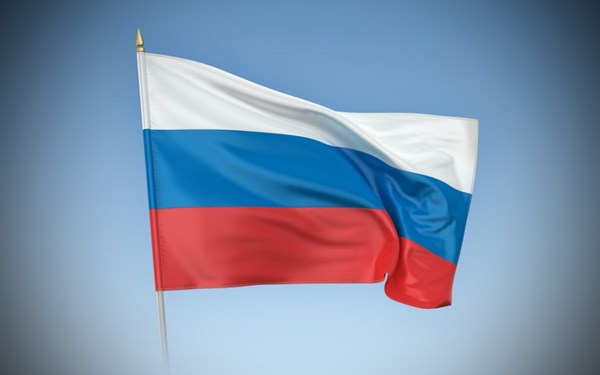Russia: the US intends to withdraw from Open Skies Treaty
The Russian Foreign Ministry stated that Washington was going to restrict the conditions of Russian military aircraft flights over the territory of the United States within the framework of the Treaty on Open Skies. This was announced by Mikhail Ulyanov, Director of the Foreign Ministry’s Department for Nonproliferation and Arms Control, as reported by Russia's RBC news agency.
"Yes, we know that Americans are going to take such steps. There is a plenary meeting of the Commission on Open Skies in Vienna today. Apparently, the Americans are officially presenting their decisions there," he said. According to him, the restrictions will come into force on January 1, 2018.
Earlier, the Wall Street Journal reported that the US authorities were preparing to announce the imposition of restrictions on the observation flights of Russian military over the territory of the United States. The Open Skies Treaty was signed by 23 OSCE countries in 1992. As of 2017, 34 countries are participating in this agreement. It allows the countries to make observation flights over the territories of the parties to the Treaty and to take photographs of military units.
According to the WSJ, the reason for this aggravation was that Russia, in the opinion of the United States, ignored the terms of the Treaty by prohibiting flights over the entire Kaliningrad region. The Treaty allows flights to be conducted with a range of 5.5 thousand km, while Russia has limited the range of flight over the area of 500 km, which does not allow coverage of the entire territory of an exclave in one flight. The relations got tougher when, in August, during an observation flight over the United States, the aircraft of the Russian Ministry of Defense flew over Bedminster, where the US President Donald Trump was staying.
The USA plans to announce the introduction of restrictions during the meeting of the Treaty Commission in Vienna. "We want to encourage Russia to return to the fulfillment of the Treaty," the newspaper’s source in the State Department said. The US is considering banning Russian flights over Alaska and Hawaii.
According to the WSJ, Russian officials also state that the USA, Canada, Turkey and Georgia have established restrictions within the Treaty on flying over their territories.
Ulyanov rejected accusations made by Secretary of State Rex Tillerson that Moscow had violated the bilateral Treaty on non-proliferation of the intermediate-range and shorter-range missiles (INF Treaty).
In Tillerson’s opinion, the USA prefers "not to really care so much" about expressing "superficial" judgments and at the same time does not produce any evidence that Moscow had indeed violated the INF Treaty. Washington blames Russia for testing banned missiles from 2008 to 2011, but these accusations now provoke dispute, said Ulyanov during a press conference.
"We cannot reach a professional conversation with the Americans," Ulyanov said, noting that the Trump administration has not yet formed a good team capable of negotiating with Russia on this issue. Although Russia is not going to withdraw from the INF Treaty, the current situation around this agreement does not suit Moscow, and it hopes that the Americans will get ready for the talks, Ulyanov said.
Russia has reasons to believe that the Americans themselves are violating the INF Treaty, Ulyanov added. "Russia's most significant and most relevant claim against the USA relates to the deployment of American missile defense systems in Romania, as well as in Poland the next year. These systems use Mk 41 launchers, which have long been used only on naval ships to launch missiles such as the Tomahawk. Under the terms of the Treaty, such launchers can be used at sea, but should not be relocated to land. This rule was broken by the Americans," Ulyanov said earlier.
The INF Treaty was concluded in 1987. It prohibits the parties from having ground-based ballistic missiles and cruise missiles with a range of 500 to 5,500 kilometers.
Secretary of State Tillerson accused Russia of violating the INF Treaty at a meeting of the UN Security Council last week. "We call on Russia to study how it can support the nonproliferation efforts better," Tillerson said at the meeting of the UN Security Council.
In July, Politico reported that the administration of the US President was considering the possibility of withdrawing from the Treaty. Several members of the US Congress submitted a proposal offering such a withdrawal to the White House. Russian colleagues of the congressmen have already reacted to this initiative. Deputy Chairman of the State Duma Defense Committee Yuriy Shvytkin told RIA Novosti that a US withdrawal from the INF Treaty could provoke a new arms race.
